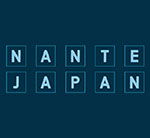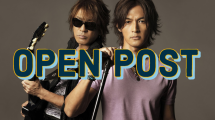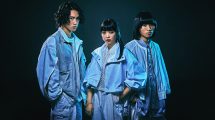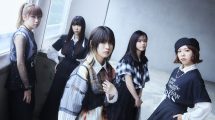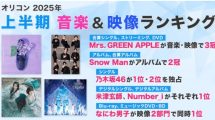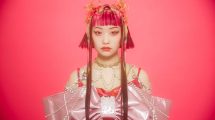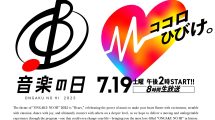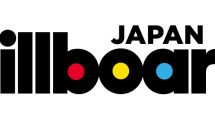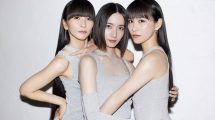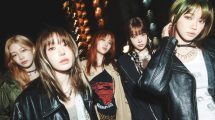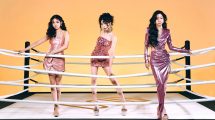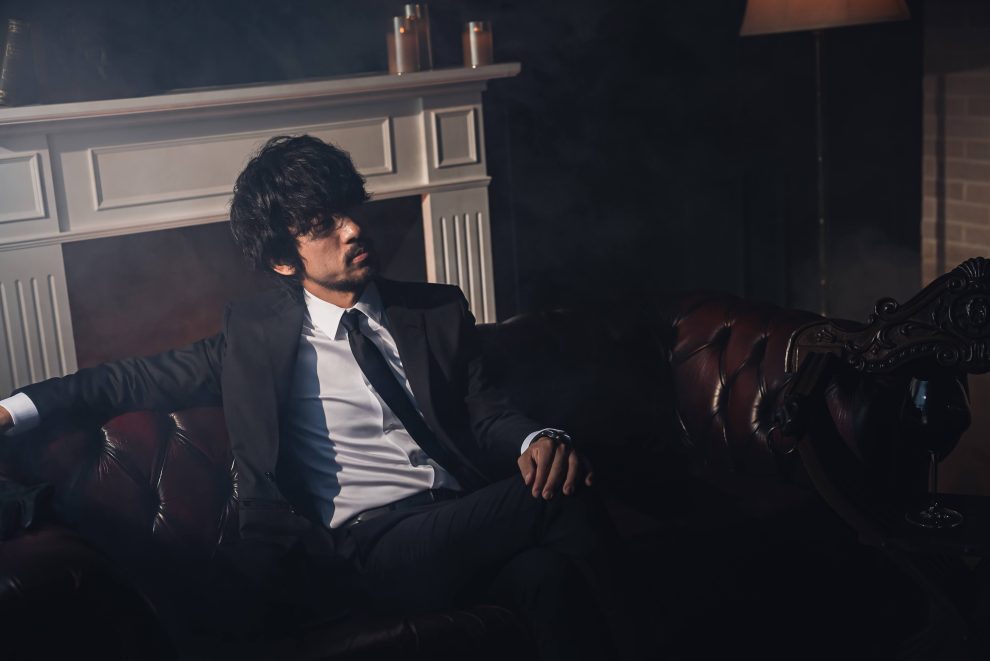In December, HANCE released his second album, “BLACK WINE.” The theme of his sophomore release is “cinematic music of the adults, for the adults, by the adults,” offering a dramatic and grandiose journey akin to the immersive soundtrack of a fictional epic.
Having made his debut in 2020, HANCE is an unconventional singer-songwriter, having entered the music scene in his 40s while managing his own company outside at the same time. He operates independently, without belonging to any management or label, aiming to craft music tailored for adult audiences for night time.
Nante Japan recently spoke to HANCE about his new album, his music career as someone who debuted later in life, his experiences as an independent artist, his unique worldview, and more! Check out the full interview below!
Your music is such an array of sounds, ranging from R&B to rock to jazz to Latin. What inspired this mix?
My musical influences come from various places, but one thing really inspired me was going to church with my mother when I was young. She was a Christian, and we would listen to church music a lot. Her father, my grandfather, was a record collector. Through him, I listened to a lot of different genres like jazz and chanson. He was also a classical conductor, so I would also listen to classical music. In my 30s, I started to listen to a lot of club music, and that in turn exposed me to a lot of world music, like Latin music. So my musical roots come from all of that.
What is your favorite song on “BLACK WINE”?
“Monochrome Sky”, because it represents the world view of the album.
The video for that was shot in Switzerland, no? What was that shoot like?
The reason I chose Switzerland is because one of my friends lives there. When I shoot my music videos, I shoot them in various European countries like Germany and Spain, because I think my musical style matches really well with European culture and architecture.
Why do you think your music matches so well with European culture and aesthetics?
When I play a song, I get a visual image of the song in my head. Western architecture, and a Western world view comes to mind. I feel that I was really inspired by Christian culture as well because my mother was a Christian. When I was young, I would read a lot of books and watch a lot of videos about Western culture, about like, the Roman Empire.
You said that your mother was a Christian. Do you identify as one as well?
Yes.
The album has been described as “‘cinematic music of the adults, for the adults, by the adults.” What does this statement mean to you?
I debuted in 2020 when I was over 40. Normally, people who are making their debut in the music industry are in their teens or 20s. I was over 40, so I wanted to make music for people my age and older. That’s why my music has this theme.
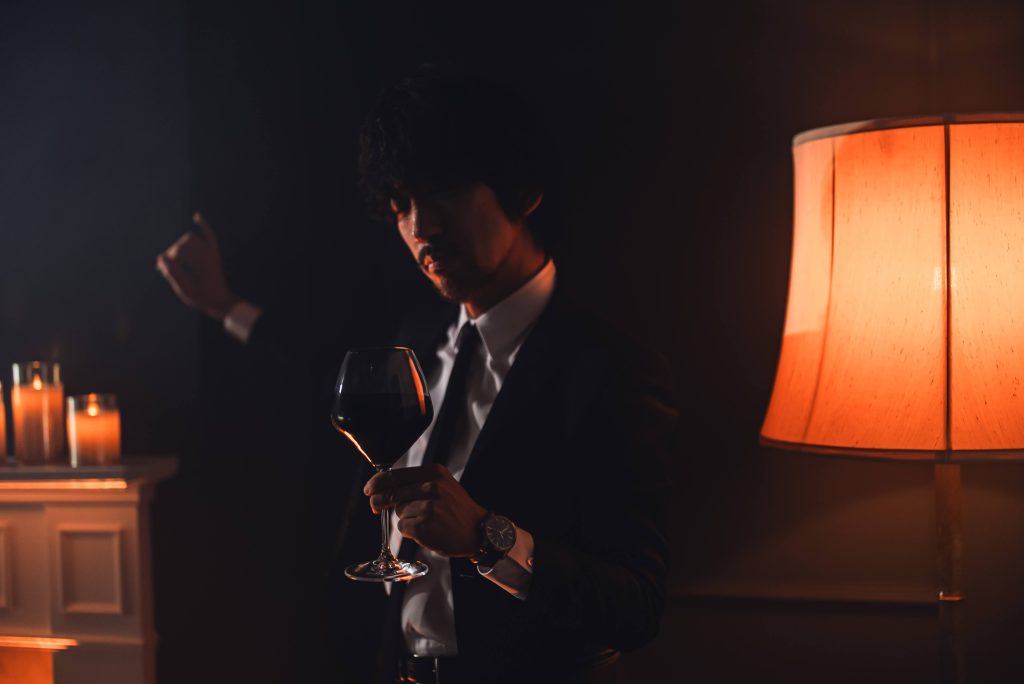
Speaking of cinematic, if the album was a film, what film would it be?
That’s hard to say because I imagine it as an omnibus of sorts, but I would say Jim Jarmusch’s “Night on Earth.”
What made you want to take on a music career later in your life, as opposed to your teens or 20s, which is so common in Japan?
There are several reasons why I started my music career in my 40s. I own my own company, and my company has reached a very stable period where I can delegate a lot of the tasks I used to perform myself to my staff, leaving me with more free time for myself to focus on other things. I also think I’m more mature now.
Do you think that as a man over 40 you have more to say as an artist than if you had debuted when you were younger?
I think the music I make and the music that younger people make is totally different. Like take love songs for instance. The love that you experience in your teens and 20s is totally different from the love that you experience in your 40s. Different generations have different experiences and different values, so I wanted to deliver my generational experience to people of my generation and older.
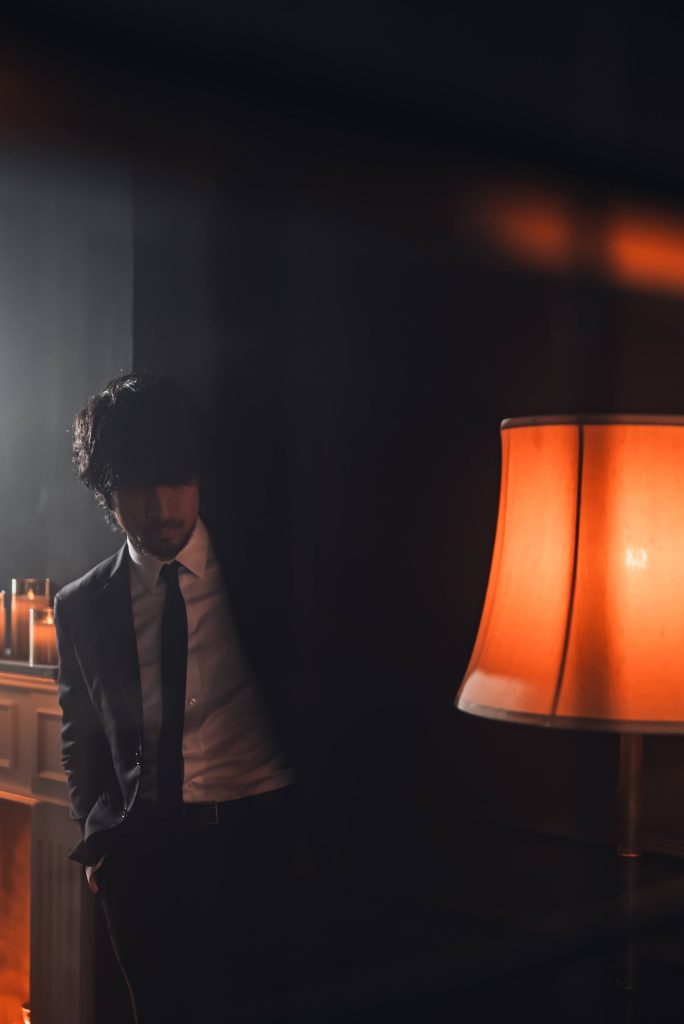
Is there an older artist that you look up to as a role model for aging as an artist?
I do have my favorite artists, but they didn’t debut at the age that I did, so it’s hard to think of them as role models.
Do you think as Japan’s age demographics shifts the country in an older direction, there will be more space for older artists?
I would rather like to say that as technology improves, my music can reach more people who are in need of it, through things like YouTube and streaming.
What is the most challenging thing about being an independent artist today? What is the most rewarding?
The most challenging part is the power balance. As an independent artist, it’s hard to break through that. It doesn’t matter how talented you are, it’s all about the power balance. But on the other hand, as an independent artist, I have much more freedom. I can go to Europe to shoot a music video anytime I want. I can release my music whenever I want.
Is there an independent artist that you look up to as a role model for taking on things independently?
Similarly to the other question, I don’t really have a role model. But I do think of my grandfather. He was an obstetrician. He was also a classical conductor. He was a doctor during World War II. After the bombing of Hiroshima, there was nothing, but he built his own hospital. He also created his own orchestra, which still exists there today. He really created everything from zero, so I look up to him.
Your grandfather sounds like such an amazing man! What is your favorite memory of him?
When I was young, we would visit him, and he would film us grandchildren with his 8mm camera. He would then play the film for us, while playing records from his collection on top of it. It was amazing to see this stunning mixture of video and music. This was all pre-music video. This is why I get visual images in my head when I hear music.
It’s all making sense to me now… The industriousness of your grandfather… The melding of film and music… It’s all because of your grandfather!
Why do you want to spread your music outside of Japan?
It’s often said that music transcends borders. Japan is just one country. But also, looking at my streaming data, most of my listeners are from outside of Japan. Tokyo isn’t in the top 5 as far as cities where my music is most streamed.
Where are your top listeners?
Mostly Latin America. Chile, Brazil, Mexico. But also European countries.
What is next for you?
I have a music festival in Switzerland this month. In April and May, I’ll be in Spain. In July, I’m going to Hungary and Germany for music festivals. I get a lot of direct messages on Instagram from Latin America, so if the opportunity arises, I’d love to play there. I would really love to do a music journey across the world!
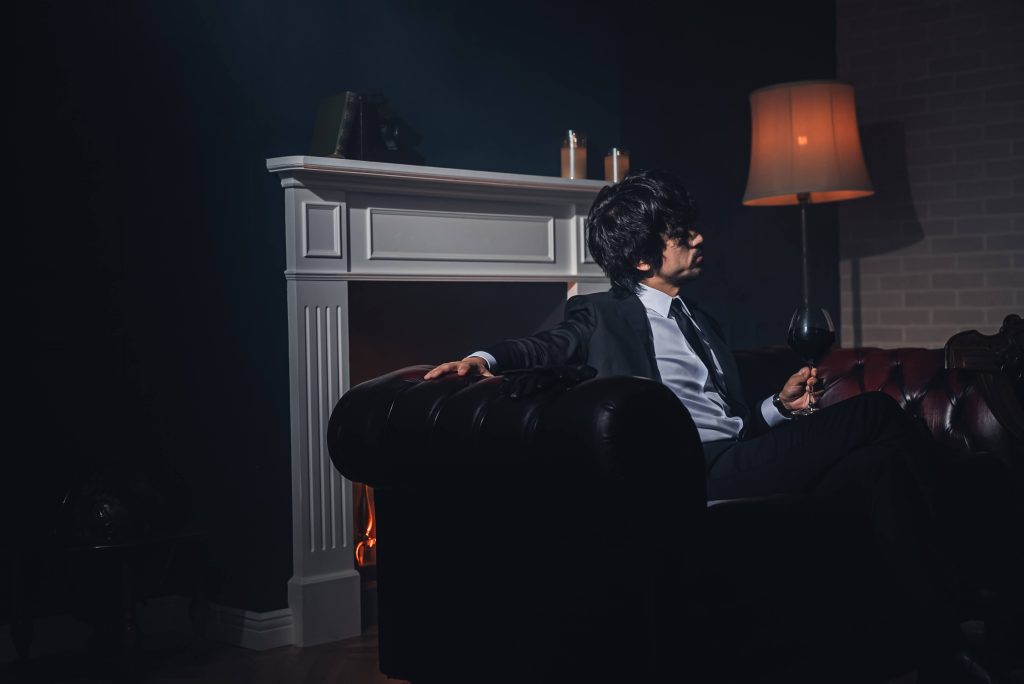
What place would you like to perform the most?
I don’t know if it’s possible or not, but Antarctica or the North Pole. I don’t care if my audience is polar bears and penguins!
Well, thank you for speaking to me today!
In closing, I’d like to tell you the most important thing: Everyone has opportunity in life. I just started a music career myself rather than joining a big label. I run my own company. I started my music career in my 40s. If you’re really passionate about what you want to do, you can achieve it! It can happen!

